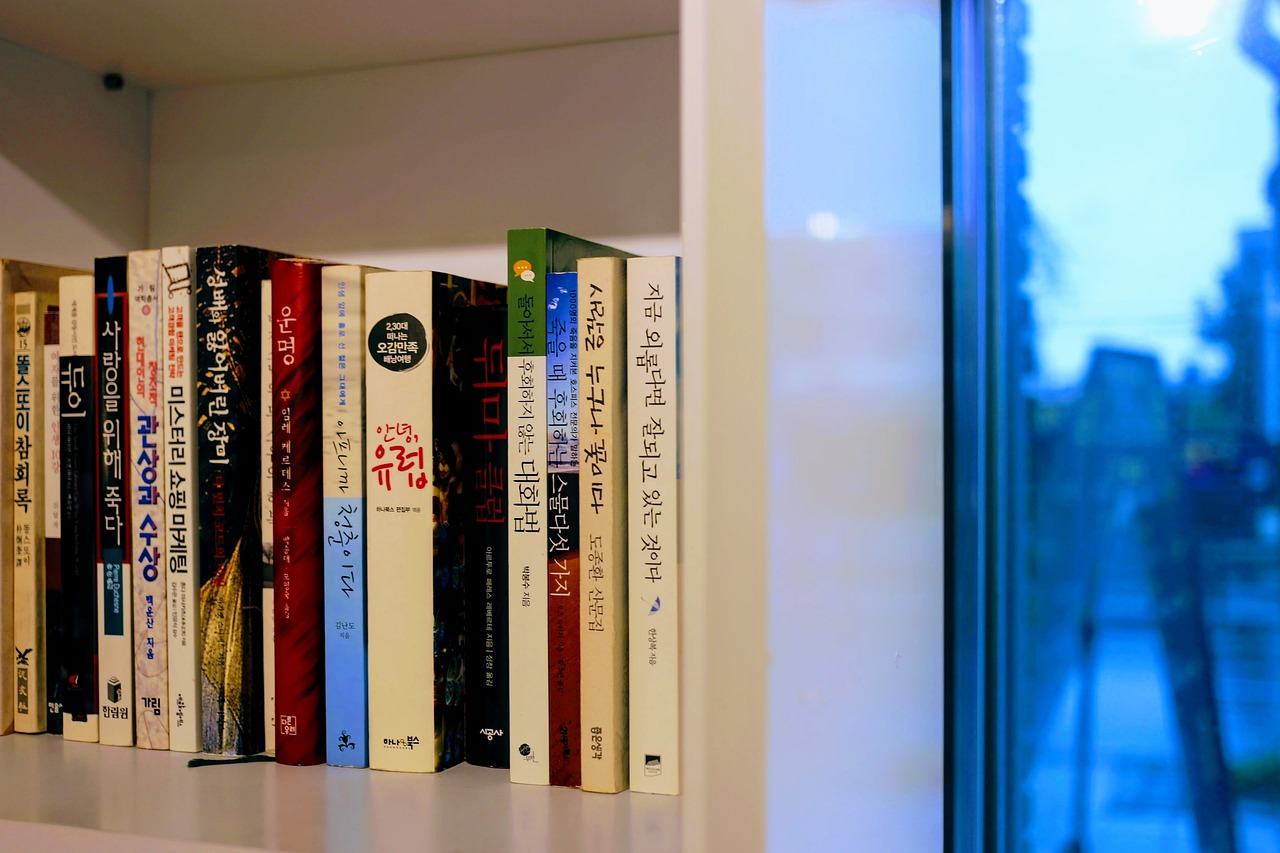Analyzing the Benefits of Arts Education for Cognitive Development
Arts education in schools plays a crucial role in fostering creativity and nurturing imagination among students. By engaging in various forms of art, such as music, visual arts, and theater, students can explore their creative potential and express themselves in unique ways. This not only encourages individuality but also promotes self-confidence and self-awareness, shaping well-rounded individuals who are more in tune with their emotions and thoughts.
Furthermore, arts education helps students develop essential skills such as collaboration, communication, and problem-solving. Through group projects and performances, students learn to work together towards a common goal, honing their teamwork and interpersonal skills. Moreover, the process of creating art often involves encountering challenges and finding creative solutions, teaching students to think critically and adapt to new situations. This ability to tackle obstacles and think outside the box is invaluable, not just in the arts but in all aspects of life.
How Arts Education Enhances Critical Thinking Skills
Arts education plays a crucial role in enhancing critical thinking skills among students. When engaging in artistic activities such as painting, music, or acting, individuals are encouraged to think creatively and outside the box. This process allows students to analyze situations from different perspectives and develop innovative solutions to problems they encounter in their artistic pursuits.
Moreover, arts education fosters the ability to evaluate and critique one’s own work and the work of others. By constantly refining their artistic creations, students learn to assess the effectiveness of their choices and make adjustments accordingly. This critical reflection not only applies to the arts but also translates into improved critical thinking skills that can be utilized in various academic subjects and real-life situations.
The Impact of Arts Education on Problem-Solving Abilities
Art education in schools plays a crucial role in enhancing students’ problem-solving abilities. By engaging in creative tasks such as drawing, painting, and sculpting, students learn to think outside the box when faced with challenges. Through artistic expression, they develop the skills to approach problems from different perspectives, fostering a more holistic approach to finding solutions.
Moreover, arts education encourages students to experiment, take risks, and embrace failure as part of the learning process. By exploring various techniques and mediums, students build resilience and adaptability in their problem-solving skills. This hands-on learning approach not only cultivates a student’s creativity but also equips them with the tools to tackle complex problems with confidence and innovation.
• Art education in schools plays a crucial role in enhancing students’ problem-solving abilities.
• By engaging in creative tasks such as drawing, painting, and sculpting, students learn to think outside the box when faced with challenges.
• Through artistic expression, they develop the skills to approach problems from different perspectives.
• Arts education encourages students to experiment, take risks, and embrace failure as part of the learning process.
• By exploring various techniques and mediums, students build resilience and adaptability in their problem-solving skills.
• This hands-on learning approach cultivates a student’s creativity and equips them with tools to tackle complex problems with confidence and innovation.
Why is arts education important in schools?
Arts education is important in schools because it helps students develop creativity, critical thinking, problem-solving skills, and emotional intelligence. It also allows students to express themselves and explore different perspectives.
How does arts education enhance critical thinking skills?
Arts education encourages students to think outside the box, explore different possibilities, and analyze information in a creative way. This helps students develop critical thinking skills that are essential for problem-solving in various aspects of life.
What is the impact of arts education on problem-solving abilities?
Arts education helps students develop the ability to think creatively and come up with innovative solutions to complex problems. By engaging in arts activities, students learn how to approach challenges from different angles and find unique solutions.
Can arts education benefit students in other areas of their academic and personal lives?
Yes, arts education can benefit students in other areas of their academic and personal lives. It can improve their communication skills, boost their self-confidence, and enhance their overall cognitive development. Arts education also fosters collaboration, teamwork, and empathy among students.







